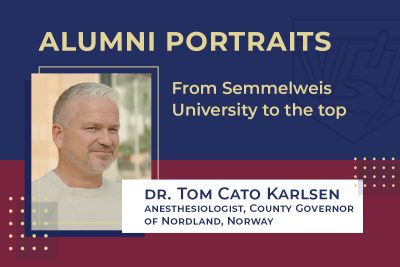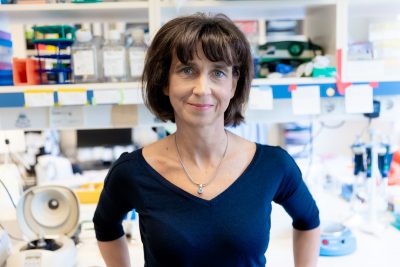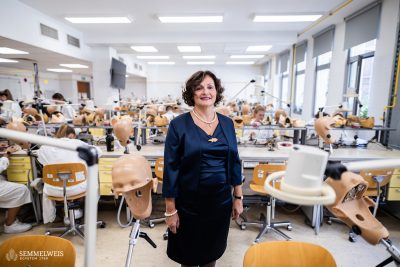Was reaching the level of a university professor a particular goal for you, or did you achieve it as a result of a natural process of your work?
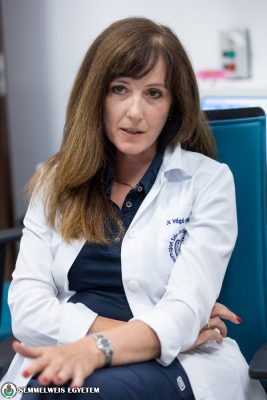 In my case, it is more about the latter. I really like my profession, and within that the field of expertise to which I am committed. This enthusiasm, curiosity, and the questions arising from clinical work are what drove me forward in research. In the last few years, of course, I have been more actively interested in the idea of becoming a university lecturer.
In my case, it is more about the latter. I really like my profession, and within that the field of expertise to which I am committed. This enthusiasm, curiosity, and the questions arising from clinical work are what drove me forward in research. In the last few years, of course, I have been more actively interested in the idea of becoming a university lecturer.
Was there any publication that was of particular importance in achieving the research results required for the title of professor?
My most important research is related to sports cardiology and the field of cardiac MRI. It is important to me that all my research stems from a clinical question or problem that I encounter during my daily healing work. If I had to highlight one article, I would mention the study published in the British Journal of Sports Medicine – the journal considered the most prestigious one on international sports medicine –, which scrutinized the frequency of myocarditis in athletes following a COVID-19 infection.
You are the first female university professor in the more than 110-year history of the Városmajor Heart and Vascular Center. What kind of feedback have you received and how does this pioneering role feel?
The appointment is a huge honor for me, but at the same time I do not consider it an individual success, since the scientific results were achieved together with my colleagues and students. Also, it is great to see this empowers young people. I received a lot of feedback from my female colleagues, from which it became clear to me that the example that this result can be achieved as a mother is a strong motivator for others. Among the many talented female colleagues, there will surely be university professors in the coming period.
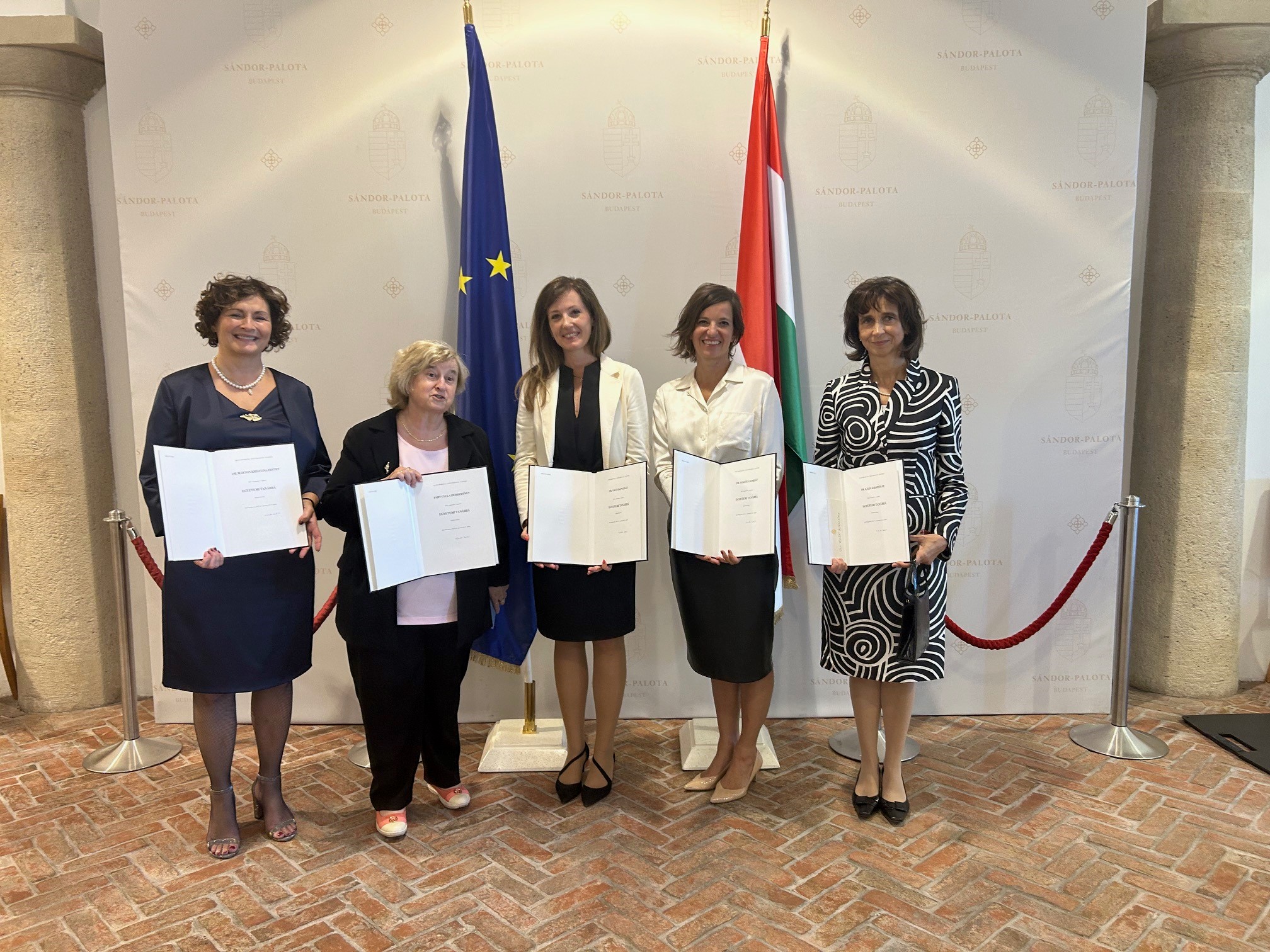
What advice can you give on how to achieve such a goal in your profession, how do you manage to devote the time and energy required for it while having a family – in your case, four children?
For me, it is fundamental that I see my work as a profession, which I enjoy every day, and not as work that must be performed. If a person is driven by passion in their profession, it naturally brings the creativity with which they can overcome the difficulties of everyday life. But I am not saying that I succeed in this completely in every case. A supportive family is very important, and you have to accept that it is not always possible to coordinate the various tasks perfectly. I would also emphasize the importance of a professional mentor, and what we learn from them in terms of attitude, interest, and motivation. As a university student, I started scientific student activities with the guidance of Dr. Béla Merkely, and I have been working at the center he runs ever since. As a result of his personality as a “schoolmaker”, talent nurturing came to the fore for me at an early age. I still work with many of my young students, we learn a lot from each other during our joint work, and this drives the team forward. One of the most defining pillars of my enthusiasm and results is my openness and positive attitude towards newly met people, tasks and opportunities.
This year, a total of five women were among the appointed new professors at Semmelweis University, which is the highest number in recent years. Several staff members who recently received the title are pioneers in their clinics and institutes, i.e. they are the first female university professors. You can soon read interviews with all five of them in our new series.
Pálma Dobozi
Translation: Mária Sánta
Photo: Attila Kovács — Semmelweis University, Gyula Bartos — Sándor Palace (featured image)
